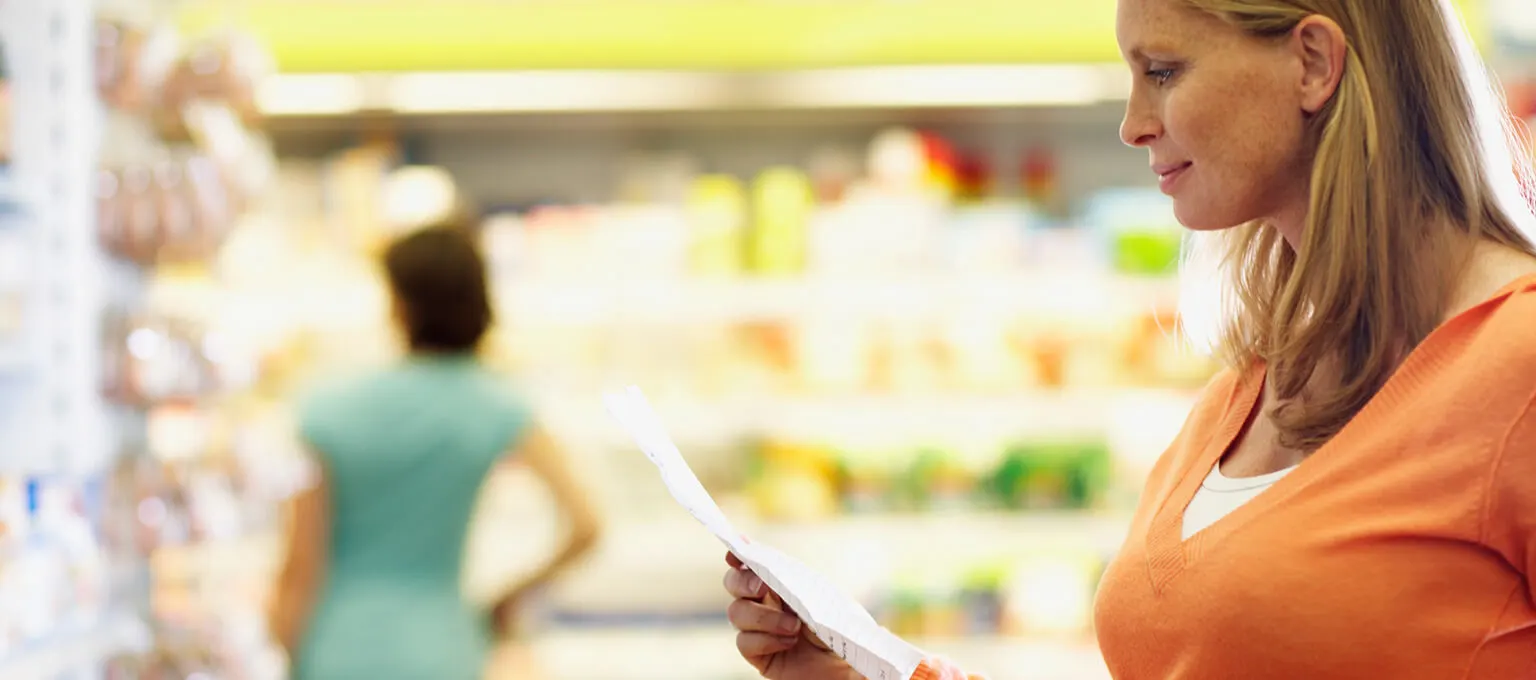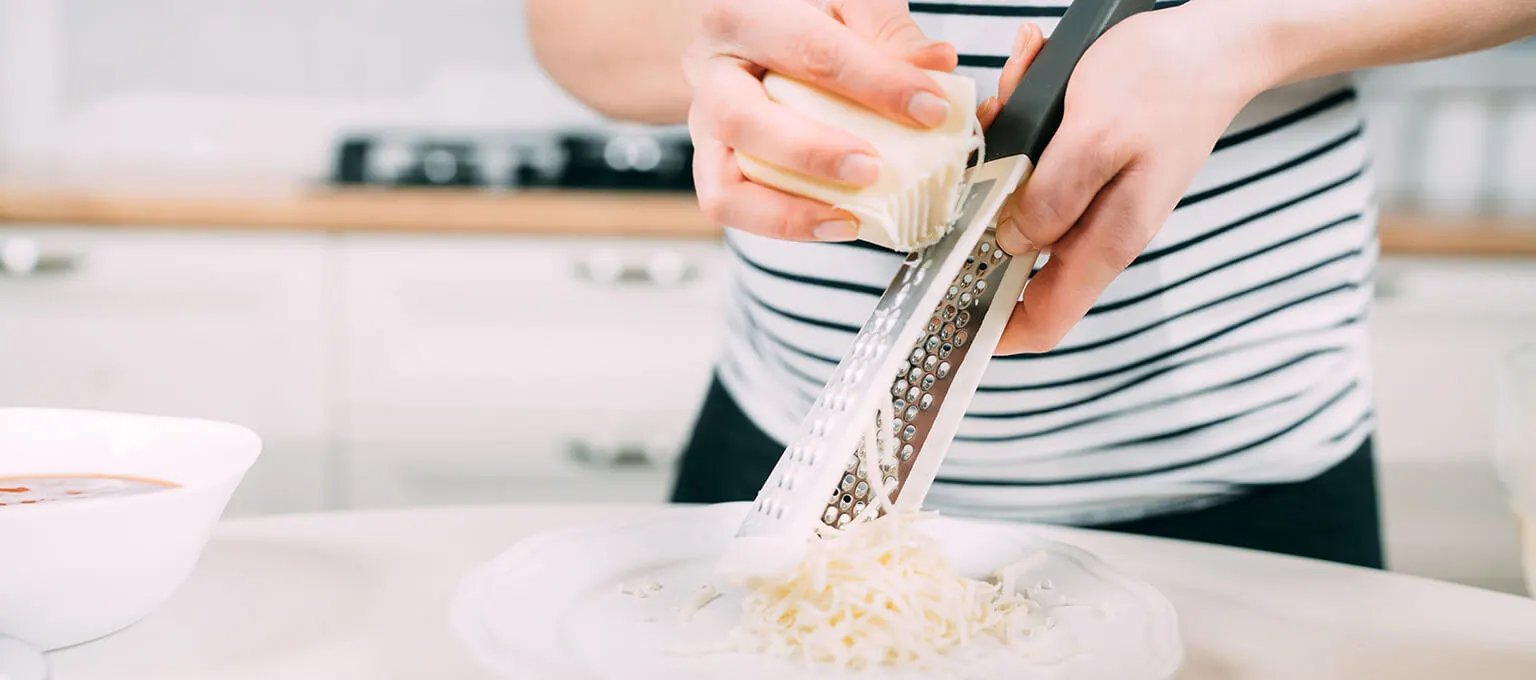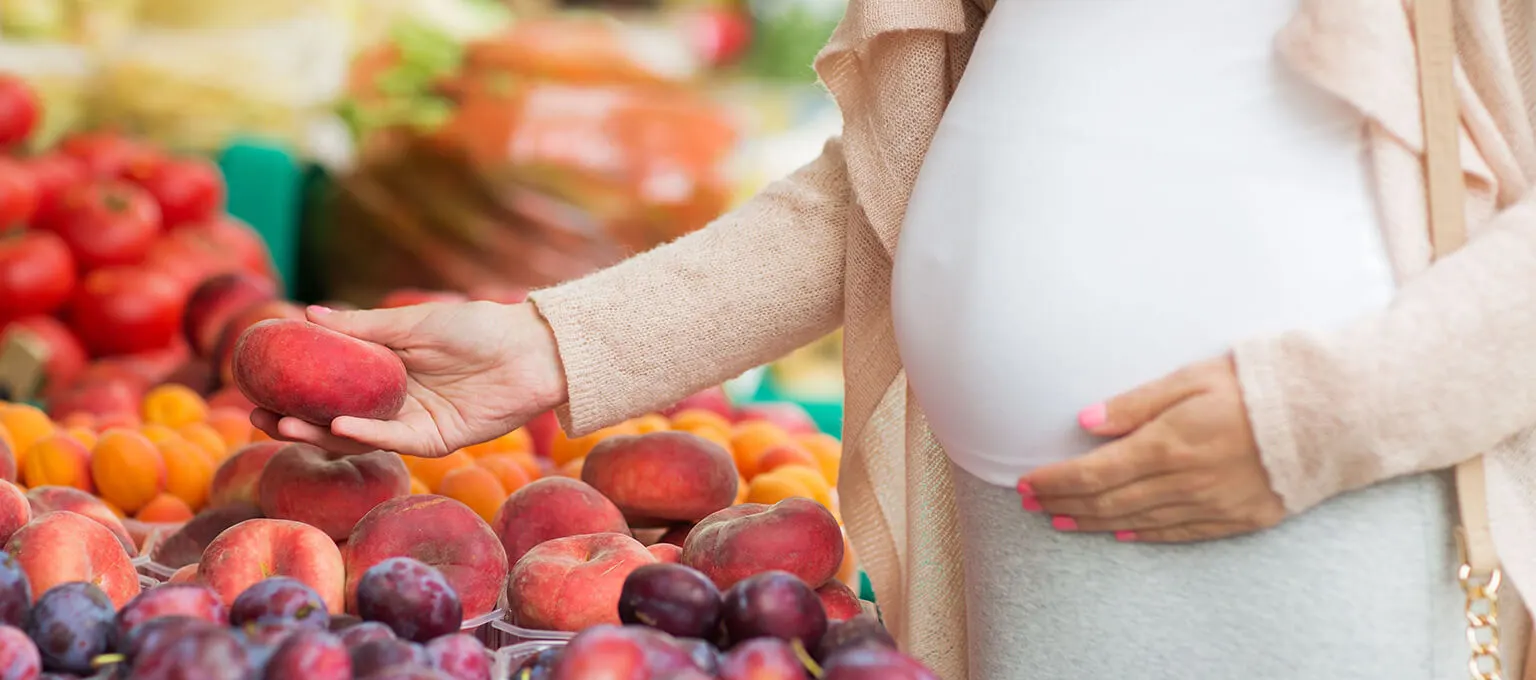What Not To Eat When Pregnant
Getting the nutrients your body needs is important during pregnancy, but it’s also important to know what food to avoid while pregnant. You may have questions about what’s safe and what’s not for the health of you and your baby. Can pregnant women eat shrimp? Can you eat sushi while pregnant? All your questions are answered in this guide to food and drinks to avoid completely or consume in moderation during pregnancy.
You may be wondering how much weight is healthy and appropriate to gain during pregnancy. Our Weight Gain Calculator can provide some accepted weight gain ranges based on your pre-pregnancy body mass index (BMI). But your healthcare provider is your best source of information about weight gain and the right pregnancy diet for you.
Is It Safe to Drink Caffeinated Beverages While Pregnant?
In addition to having questions about food ¾ what is safe and what isn't safe to eat during pregnancy ¾ you may be wondering whether you should say no to that cup of coffee.
When it comes to drinking coffee, small doses of caffeine are OK. Most experts agree that sticking to less than 200 mg per day (that’s one 12 oz cup of coffee) is safe. Also, to give you a rough guide as to what a 200 mg portion of caffeine looks like in other beverages, it’s 4 cups (8 oz each) brewed black tea, 6 cups of brewed green tea, or 4 cups of cola.
If in doubt, talk to your healthcare provider.
How About Herbal Tea?
Because you want to keep your caffeine intake down, you may want to sip on a cup of herbal tea. However, there is little data out there on the effects certain herbs can have on developing babies. It’s best to play it safe and avoid herbal tea until you get the OK from your healthcare provider - even when it comes to herbal teas marketed as safe for pregnant women.
Can I Eat Meat, Poultry, Deli Meats, or Pâtés?
When you’re pregnant, your body is more sensitive to bacteria and infection. One foodborne illness that pregnant women are more likely to get is known as listeriosis. Caused by bacteria in food, listeriosis can lead to miscarriage, stillbirth, or premature delivery. You can help avoid listeriosis by not eating foods like hot dogs, cold cuts, pâtés, and deli meats.
If you want to eat deli meats, make sure you heat them until they are steaming hot before serving, or opt for canned and shelf-stable versions of pâtés.
Meat and poultry are an important part of a healthy, nutritious diet; however, make sure you fully cook all meat and poultry before eating. You can use a meat thermometer to guarantee food is fully cooked.
Low-fat dairy products, such as skim milk, mozzarella cheese, and cottage cheese, are an important part of a healthy pregnancy diet, but you should avoid unpasteurized milk and cheeses while pregnant. These can lead to foodborne illnesses like listeriosis. To be safe, avoid unpasteurized Brie, feta, queso blanco, queso fresco, and blue cheeses.
Like dairy foods, eggs are also highly nutritious, but you should avoid raw and undercooked eggs. Raw eggs can be contaminated with harmful bacteria, which can be risky for anyone, but especially pregnant women.
It’s best to avoid food made with raw or partially cooked eggs, like raw batter, homemade Hollandaise sauce, and Caesar dressing.
Can Pregnant Women Have Fish?
Seafood is great for pregnant women, but it is important to be careful with the type of fish you eat and where it’s sourced from. Seafood that’s high in mercury (see list below) poses a risk to your baby’s developing nervous system, which is why it’s important to avoid older, larger fish that could contain higher quantities of mercury.
Uncooked fish and shellfish comes with the increased risk of harmful bacteria. Can you eat sushi while pregnant? Although it seems like a no-no, there are safe sushi alternatives you can eat while pregnant, like vegetarian sushi or sushi rolls made with cooked fish or seafood, like shrimp tempura.
To be safe, it’s best to avoid:
Shark
Swordfish
King mackerel
Tile fish
Raw fish
Raw oysters, clams, and scallops
Refrigerated and uncooked seafood.
When preparing fish and shellfish, it’s also important that you cook:
Fish to an internal temperature of 145 F, until the flakes are opaque.
Shrimp, lobster, and scallops until they turn milky white in color.
Clams, mussels, and oysters until the shells open, and throw away those that remain closed.
Fruits and vegetables are an important part of any balanced diet, but you should still wash all raw fruits and vegetables to get rid of any harmful bacteria.
Most fruits and vegetables are safe to eat if washed properly; however, raw sprouts carry a higher likelihood of foodborne illnesses. Unlike other fresh vegetables or fruits, sprouts are grown in humid and warm conditions, which are ideal for the growth of bacteria such as salmonella, listeria, and E. coli. It’s safest to avoid raw sprouts like alfalfa, clover, radish, and mung beans.
If you do want to consume sprouts, make sure you cook them thoroughly.
Asides from taking care not to eat the wrong food or any uncooked meat, fish, and eggs, it’s also important to follow a healthy pregnancy diet to help you get the nutrients you need during pregnancy.



